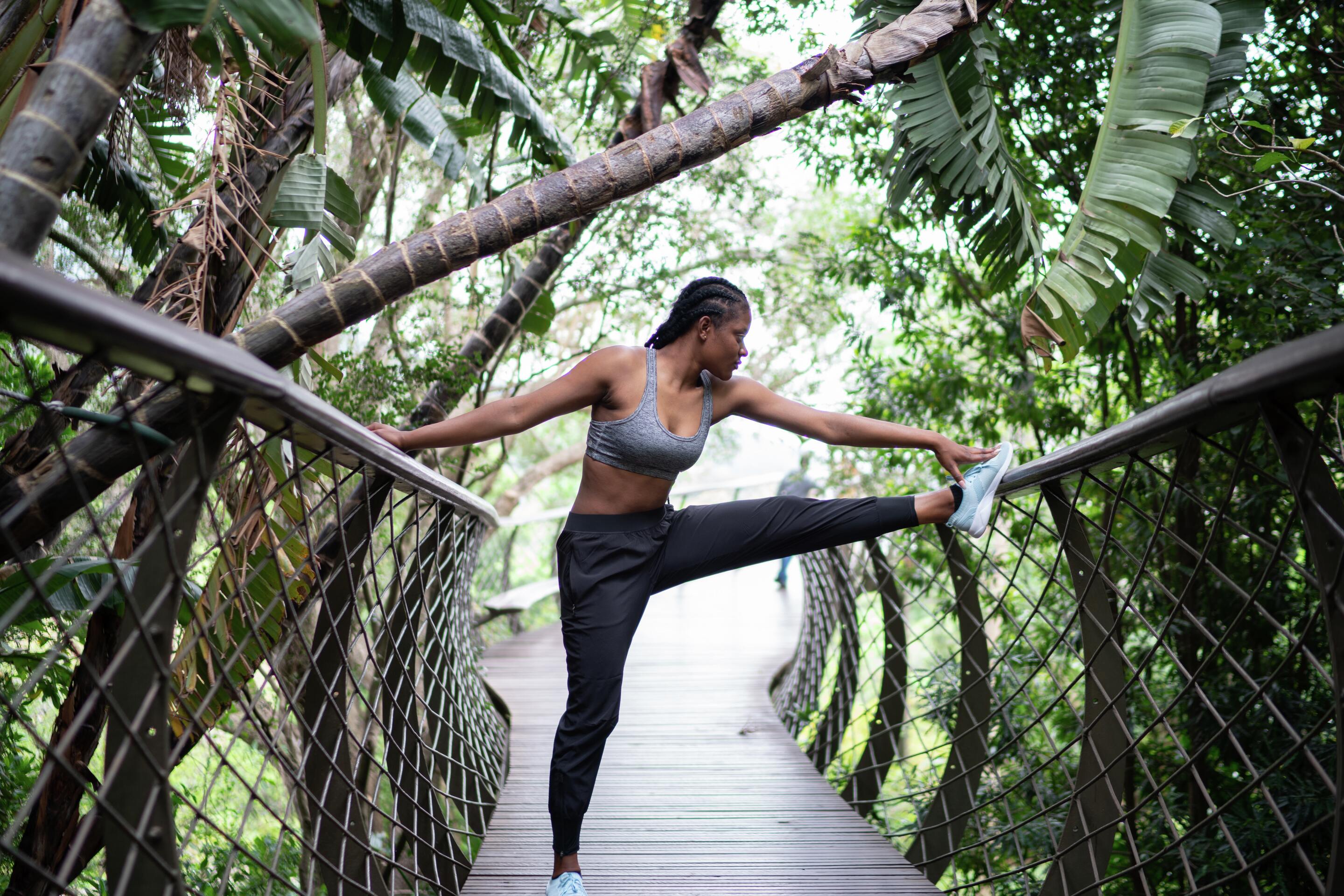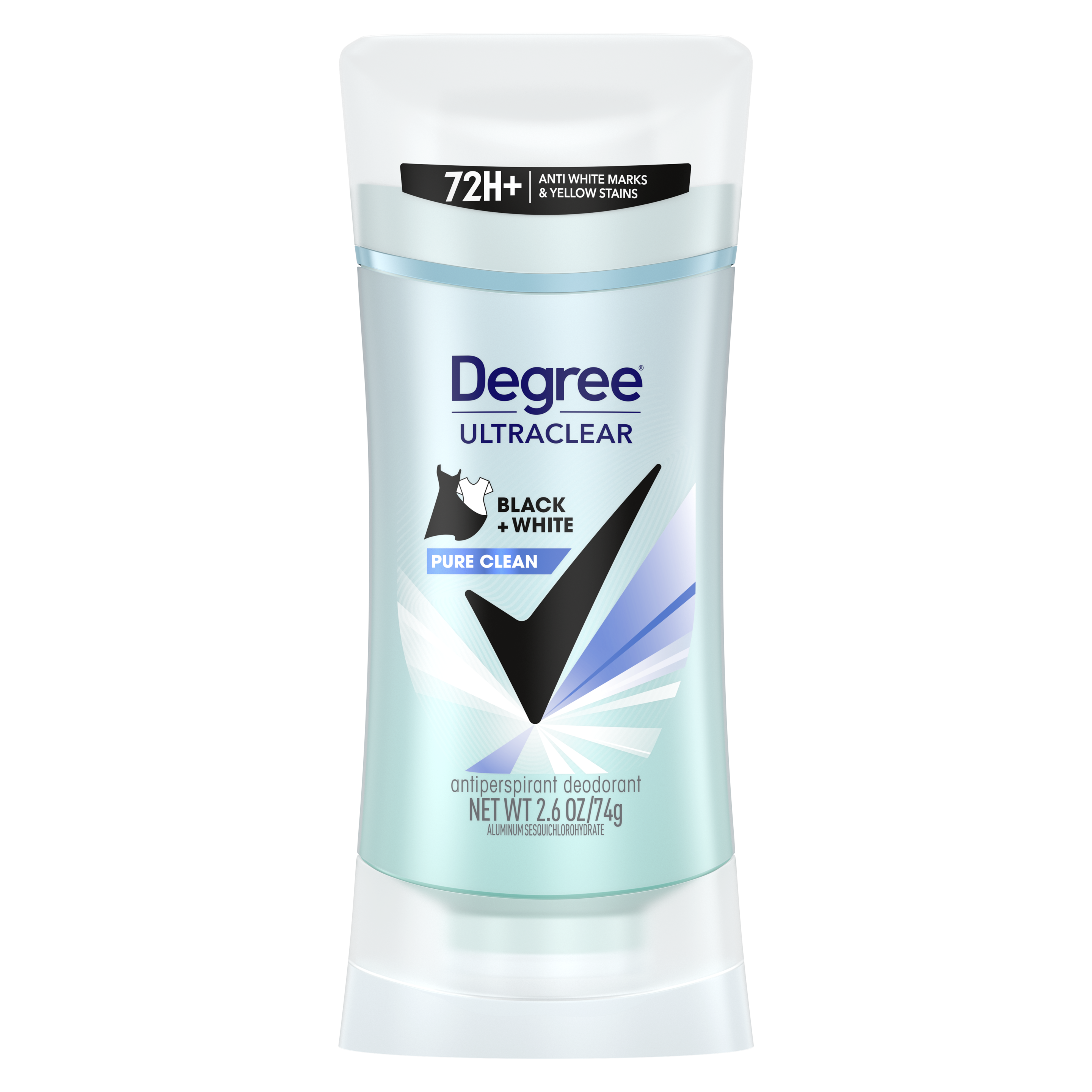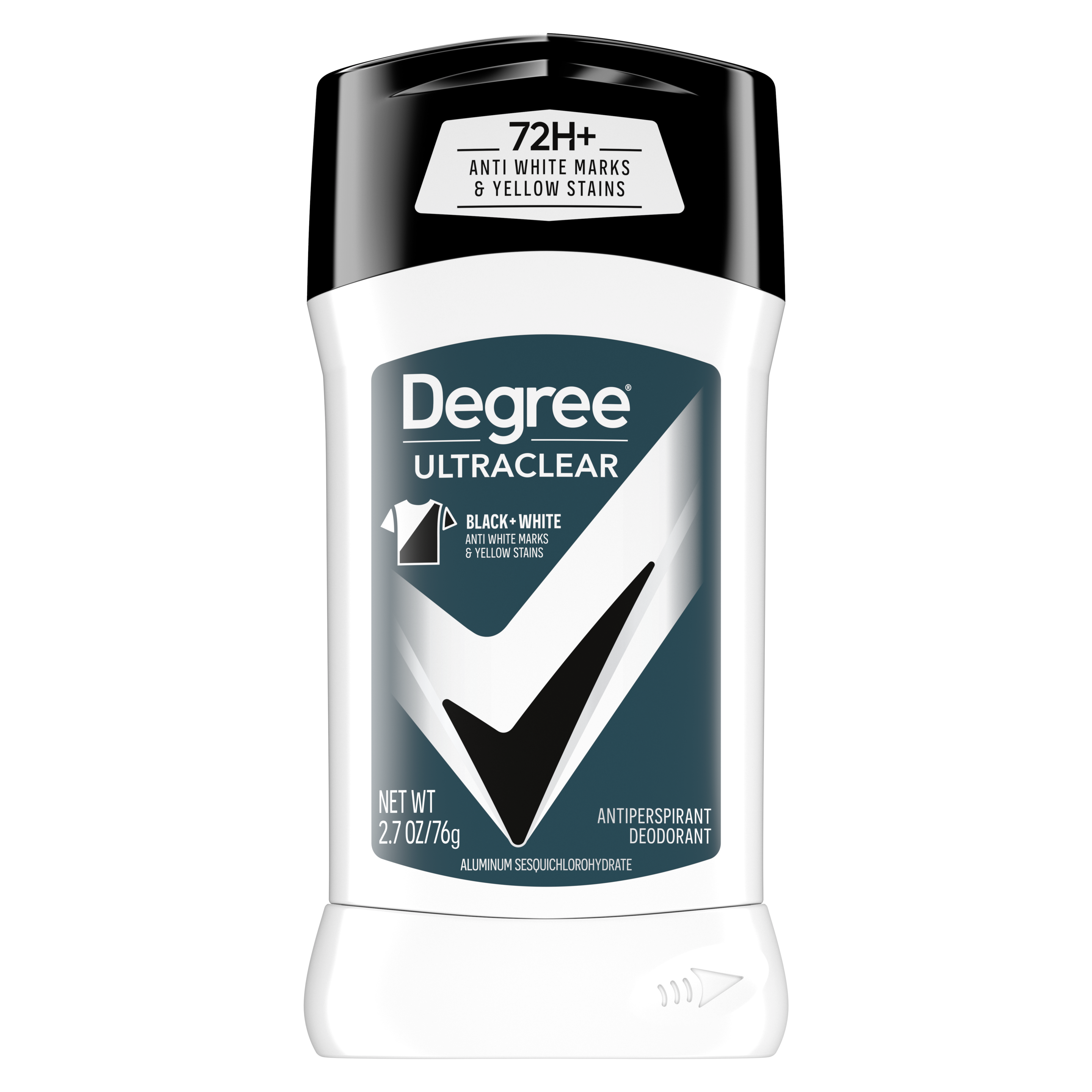Is It Healthy To Sweat? And What Are The Benefits?
Sweating often gets a bad rep, and we understand why. It can cause body odor, leave stains on our favorite clothes... the list goes on. But have you ever wondered, ‘is it good to sweat?’. The answer is: yes! Sweating is one of the many great mechanisms our body has in place to regulate our temperature. It is usually activated by exercise or high temperatures – kind of like a built-in air-con for your body. And the benefits don’t stop there.
Keep reading to discover four more benefits of working up a sweat.
Why do we sweat?
Perspiration is the main way through which our body controls its temperature. The glands in our skin produce sweat that then evaporates allowing us to cool down. If you’re wondering what’s in sweat, it’s mainly water, salt, proteins and oils.
Is sweating a good thing?
From a physiological point of view, sweating is a good thing, as it prevents our body from overheating; If we didn’t sweat, we wouldn’t be able to release excessive heat and that would be harmful.¹ Plus, there are other benefits to sweating, which we will explore below.

4 benefits of sweating
So, we’ve just learned the main benefit of perspiring is that it lowers our body temperature, but you may be surprised at some of the other benefits sweat brings.
1. Sweat is a sign you've pushed through your comfort zone
Sweating may have its benefits, but is it healthy to sweat a lot? If you’re sweating due to an increased level of activity (for example, after a tough gym class), you’ll be happy to know that sweating a lot can be a positive sign of a good workout. As our heart rate goes up, our temperature follows, triggering sweat production. The more you push yourself out of your comfort zone, the more you’ll sweat.
Sweaty workouts increase mood-enhancing endorphins.
If you feel you’re sweating too much during or after exercise, you may want to start using an antiperspirant deodorant. We recommend our UltraClear range that offers up to 72 hours of sweat and odor protection, while also actively fighting against white and yellow sweat stains on your clothes. It also features our MotionSense® technology, which keeps you fresh by releasing fragrance every time you move.
For women: Degree® UltraClear Black+White Pure Clean Antiperspirant Deodorant Stick
For men: Degree® UltraClear Black+White Driftwood Antiperspirant Deodorant Stick
2. Sweat makes your skin ‘glow’
Have you ever looked in the mirror after a tough workout and thought you looked pretty good? That’s because a raised heart rate increases blood flow to all organs, including our skin, resulting in radiant and naturally attractive flushed skin.² There’s a reason many cosmetic companies try to sell you products to replicate the post-workout glow.
Staying active can also stimulate the body’s production of collagen over time, helping your skin to appear plumper and healthier.³
Is it good to leave sweat on your body?
Although sweating is good, leaving sweat on your skin for too long can lead to clogged pores and skin breakouts, making that post-workout shower even more important.²
3. Sweating from a workout can boost your mood
You might notice a better mood after working up a sweat. This is because working out causes you to release endorphins – your body’s natural mood elevators. Ever heard of a ‘runner’s high’? That phrase refers to the optimism and relaxation you can feel after a tough workout. But that’s not to say that lower-intensity workouts can’t have the same effect – even walking can help reduce stress.⁴
4. Sweating can be relaxing
Yes, ‘sweat baths’ like saunas and steam rooms are believed to have benefits, too. Research suggests that sauna bathing can increase your heart rate and improve skin blood flow. Plus, if you find them relaxing, that’s a benefit in itself. So, grab that towel and get your sweat on.⁵
Now that you’re up to speed on the benefits of sweating, consider this your cue to go work up a sweat – you’ve got this!
References:
- Rautio S. Is sweating good for you?. MSU Extension; 2018
- How your workout can affect your skin. Americal Academy of Dermatology Association. Updated 2021.
- Langberg H, Skovgaard D, Petersen LJ, Bülow J, Kjær M. Type I collagen synthesis and degradation in peritendinous tissue after exercise determined by microdialysis in humans. J Physiol. 1999.
- How does exercise reduce stress? Surprising answers to this question and more. Harvard health publishing. 2020.
- Hussain J, Cohen M. Clinical Effects of Regular Dry Sauna Bathing: A Systematic Review. Evid Based Complement Alternat Med. 2018.



